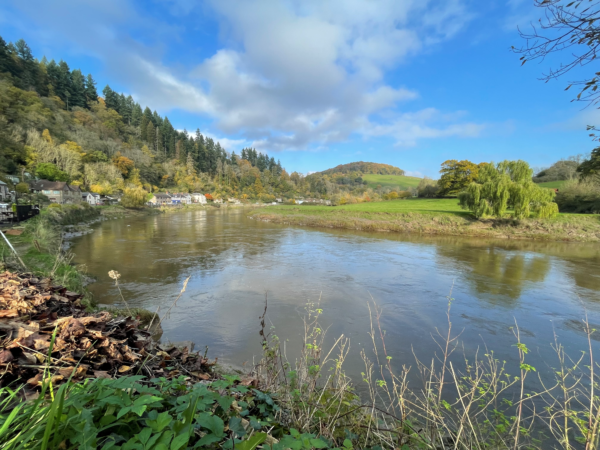According to the environmental charity Earthwatch, people are increasingly taking pollution monitoring into their own hands.
During the year, thousands of people have taken part in protests over sewage spills in rivers and on beaches from Essex to Edinburgh. And at the same time, there’s been a boom in citizen scientists turning their attention to the health of the nation’s waterways, says the BBC.
The UK has seen a long tradition of the public getting involved in scientific research, including tracking the numbers of plants, birds and insects. But as more people spend time out on the water paddle-boarding or wild swimming, there’s growing interest in sounding the alarm on pollution, from plastic to chemicals.
Earthwatch, which trains citizen scientists, says the number of community groups carrying out monitoring for chemical pollutants has doubled in the past year alone. And on this stretch of the Evenlode, there are now more samples taken by citizen scientists than anyone else.
Dr Heather Moorhouse of Earthwatch says citizen scientists can’t replace the work of regulators but they can put pressure on polluters to clean up their act.
“Citizen science is plugging an information gap and helping our understanding of water quality in our rivers,” she says.
“But this data needs to be used to hold polluters to account and to invest in improvements to the way our rivers are managed.”
The “huge boom” in people collecting data through citizen science is helping to keep the problem of river pollution on the political agenda says Dr Izzy Bishop, a lecturer in ecology at UCL in London. “The visibility and transparency of data that is being collected by the public is one of the big drivers for pushing this up the political agenda,” she says.
For further information and the full news story see the BBC website.
